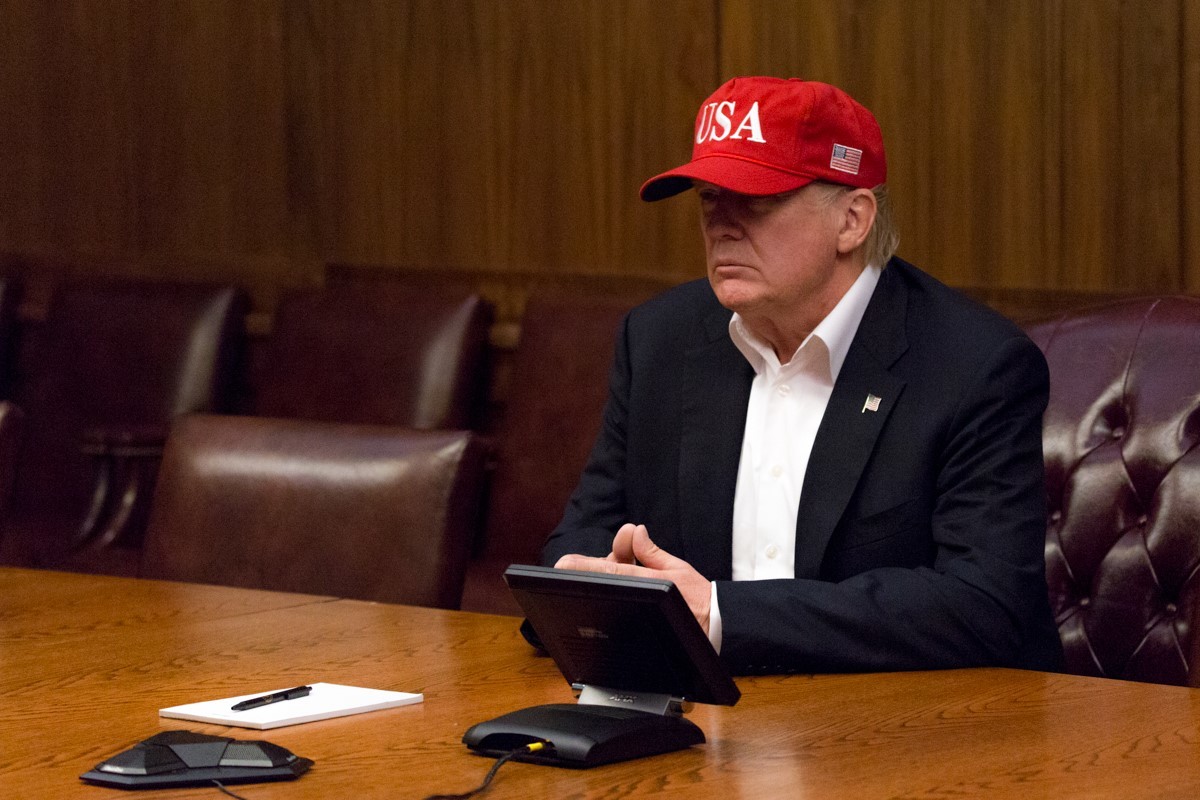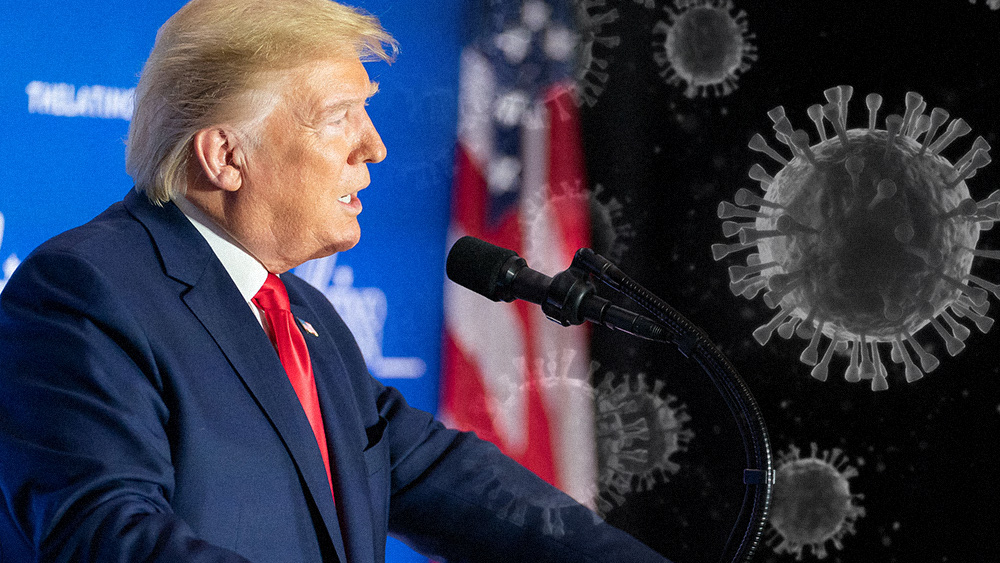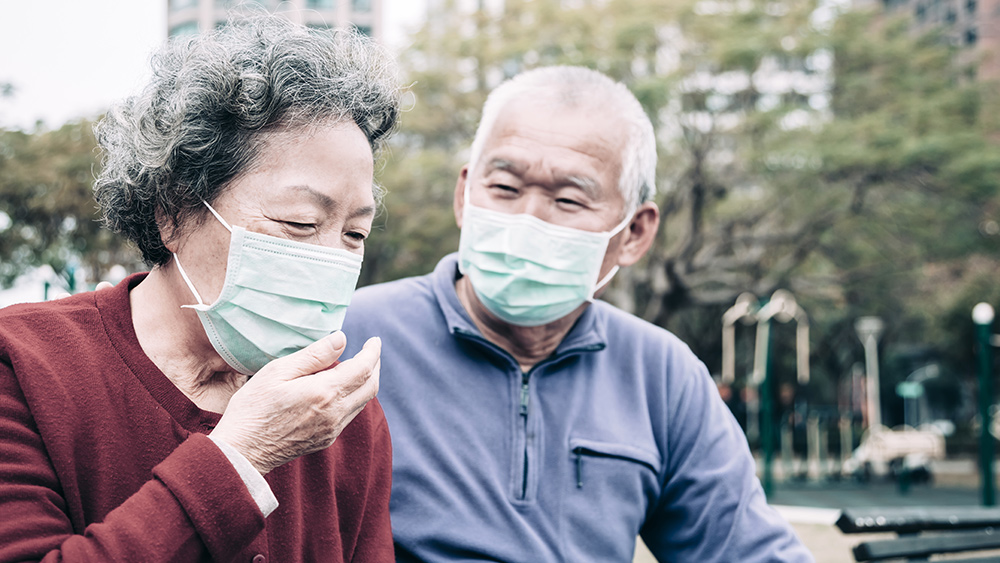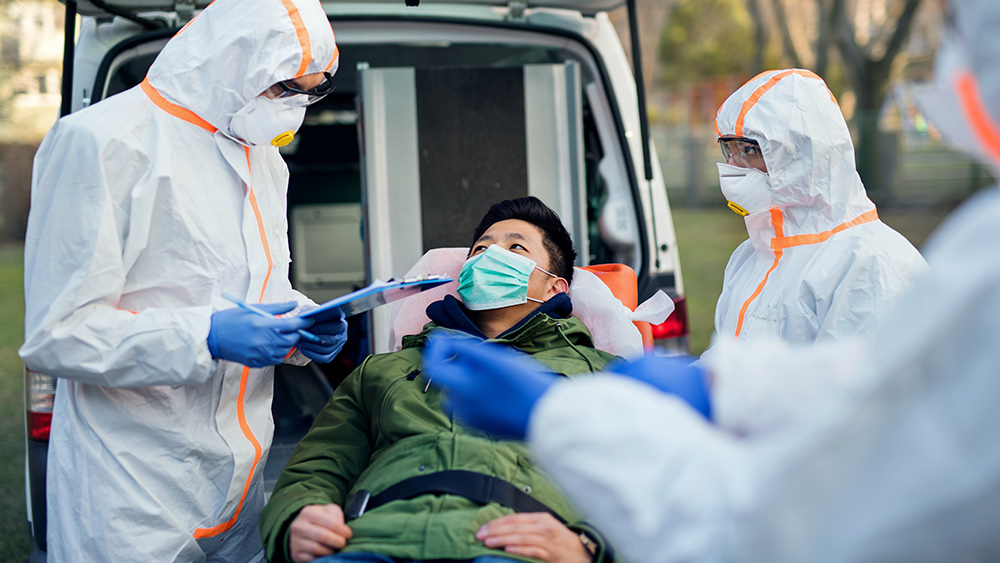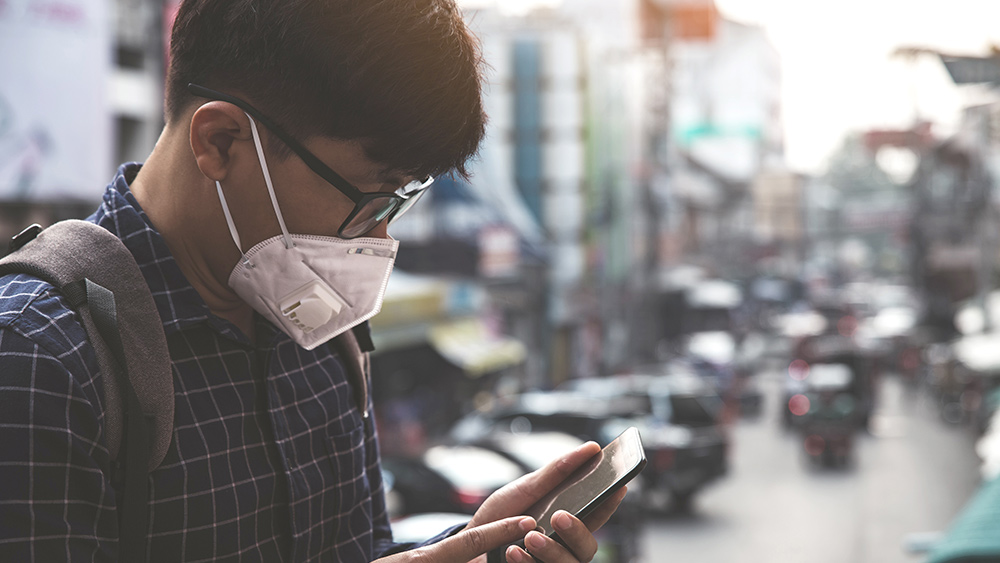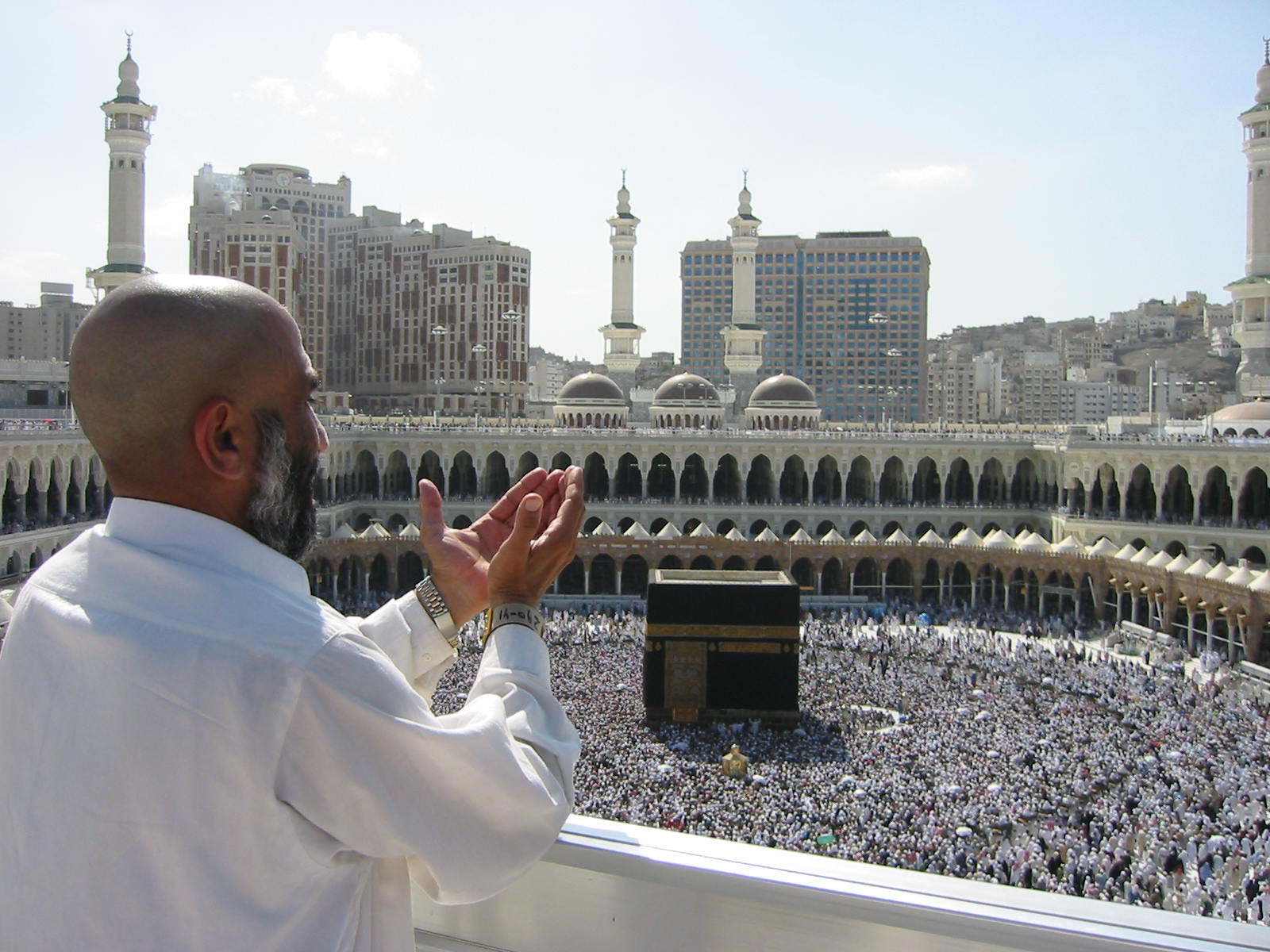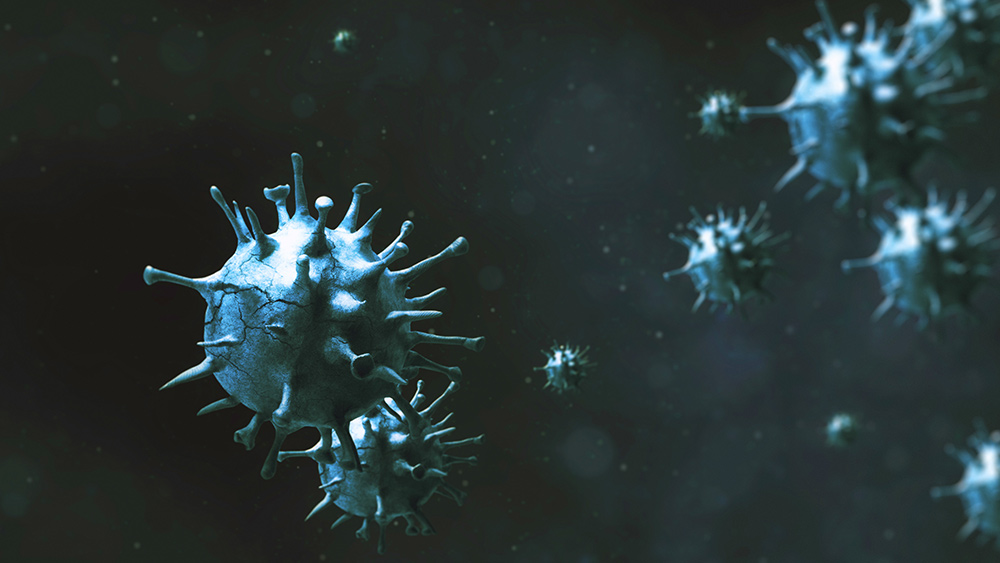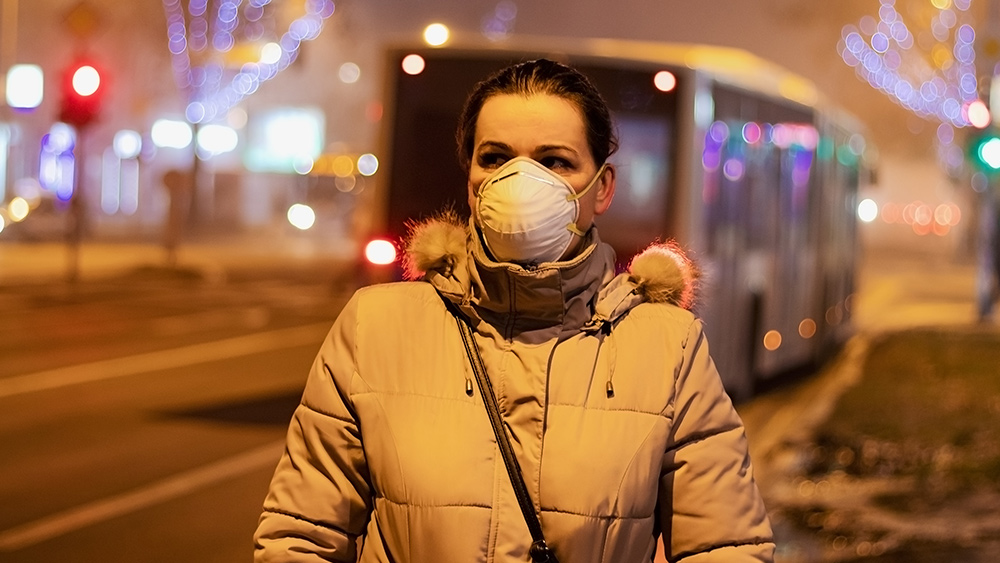Wow: NYTimes science writer says Trump’s travel bans and restrictions over coronavirus outbreak are exactly right
03/08/2020 / By JD Heyes
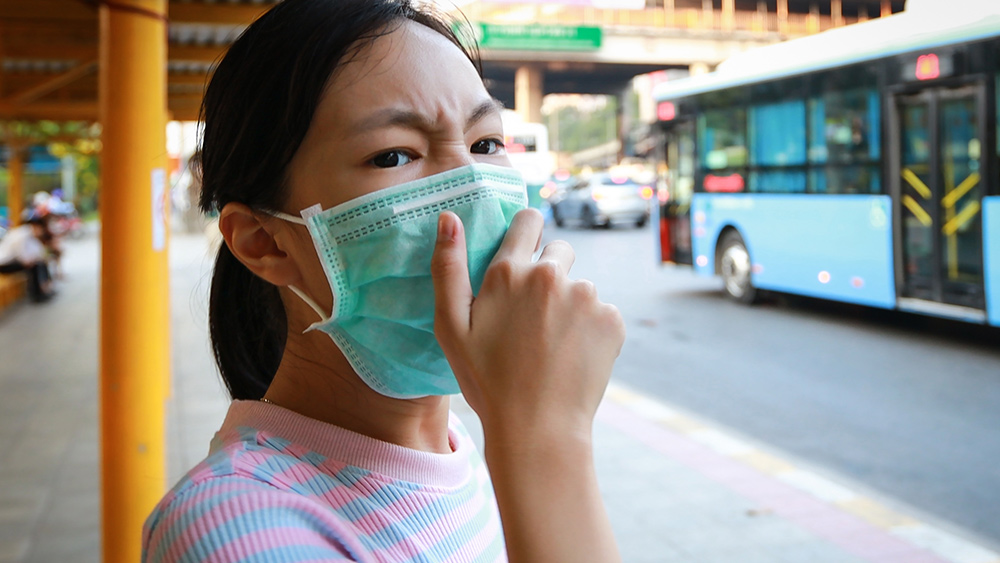
President Donald Trump deserves high praise for a great many things, including turning around the moribund Obama economy, rebuilding our military, improving trade agreements, and providing lots of new opportunities for American citizens.
But he also deserves praise and recognition for being a good president when it comes to quickly making decisions that protect our country and our people.
He rarely gets any praise from the masters of the mainstream media, and that includes, of course, The New York Times. Just recently an opinion writer there, Gail Collins, attacked the president over his responses thus far to the outbreak of Wuhan coronavirus (COVID-19), telling readers we should call it “Trumpvirus” because of his allegedly inept actions.
But a reporter at the Times, science writer Donald G. McNeil — someone in a much better position to comment truthfully and knowledgeably — praised the president’s actions thus far and especially his early travel restrictions, which of course earned him more catcalls of “racist!” and “bigot!” from Democrats.
In a piece titled, “To Take On the Coronavirus, Go Medieval on It,” McNeil also maintained that even more stringent methods are warranted: “Quarantines and restrictive measures served a purpose in the old days. They can now, too.”
Observing that there are “two ways” to combat the spread of epidemics — “the medieval and the modern” — choosing the latter means that societies are simply surrendering “to the power of the pathogens.”
Modern approaches include the adoption and implementation of policies that essentially acknowledge that viruses can’t be stopped and that the best thing to do is simply “soften the blow” using today’s technology like “new vaccines, antibiotics, hospital ventilators, and thermal cameras” to search for anyone with a fever.
WHO now admits travel ban helped
But, he added:
The medieval way, inherited from the era of the Black Death, is brutal: Close the borders, quarantine the ships, pen terrified citizens up inside their poisoned cities.
For the first time in more than a century, the world has chosen to confront a new and terrifying virus with the iron fist instead of the latex glove.
At least for a while, it worked, and it might still serve a purpose.
He is likely referring to the Chinese government’s implementation of mass quarantines which reportedly included entire cities as a means, early on, of limiting the spread of coronavirus.
But Trump imposed a travel ban on people coming from China a month ago, and when he did most of his usual critics on the Left and in the Democratic Party criticized him for supposed ‘xenophobia’ — now the president hates Asian people too, according to these people. (Related: Coronavirus spreads to NYC, Texas, New Jersey, Tennessee and Nevada as epidemic sweeps across America.)
Now, they are criticizing him for being ‘ineffective’ though fewer than a couple hundred people in America, as of this writing, are infected. And yet, as McNeil writes, it was Trump’s travel ban early on that likely helped keep the spread from getting worse, at least sooner.
“The White House, in defiance of recent American history, also opted to go medieval by aggressive measures like barring entry to non-Americans who were recently in China and advising Americans not to go to China or South Korea,” he wrote. That results in reduced port calls and air links to the virus’ epicenter and surrounding countries who are now dealing with much larger outbreaks.
Officially, McNeil noted further, the World Health Organization opposed the Trump administration’s travel restrictions and bans because it always does, as well as trade restrictions. Even as the WHO declared the outbreak a global emergency Jan. 30, it’s head, Dr. Tedros Adhanom Ghebreyesus, criticized the restrictions.
“But,” McNeil notes, “it now admits that they helped.”
WHO epidemic modeling teams say travel bans helped slow the spread outside China by two to three weeks, proving, again, that President Trump’s decisiveness and leadership are among the best coronavirus defenses we have.
Sources include:
Tagged Under: air travel, China, coronavirus, epicenter, leadership, medieval, New York Times, pandemic, President Trump, travel ban, travel bans, travel restrictions, Wuhan, Wuhan coronavirus


